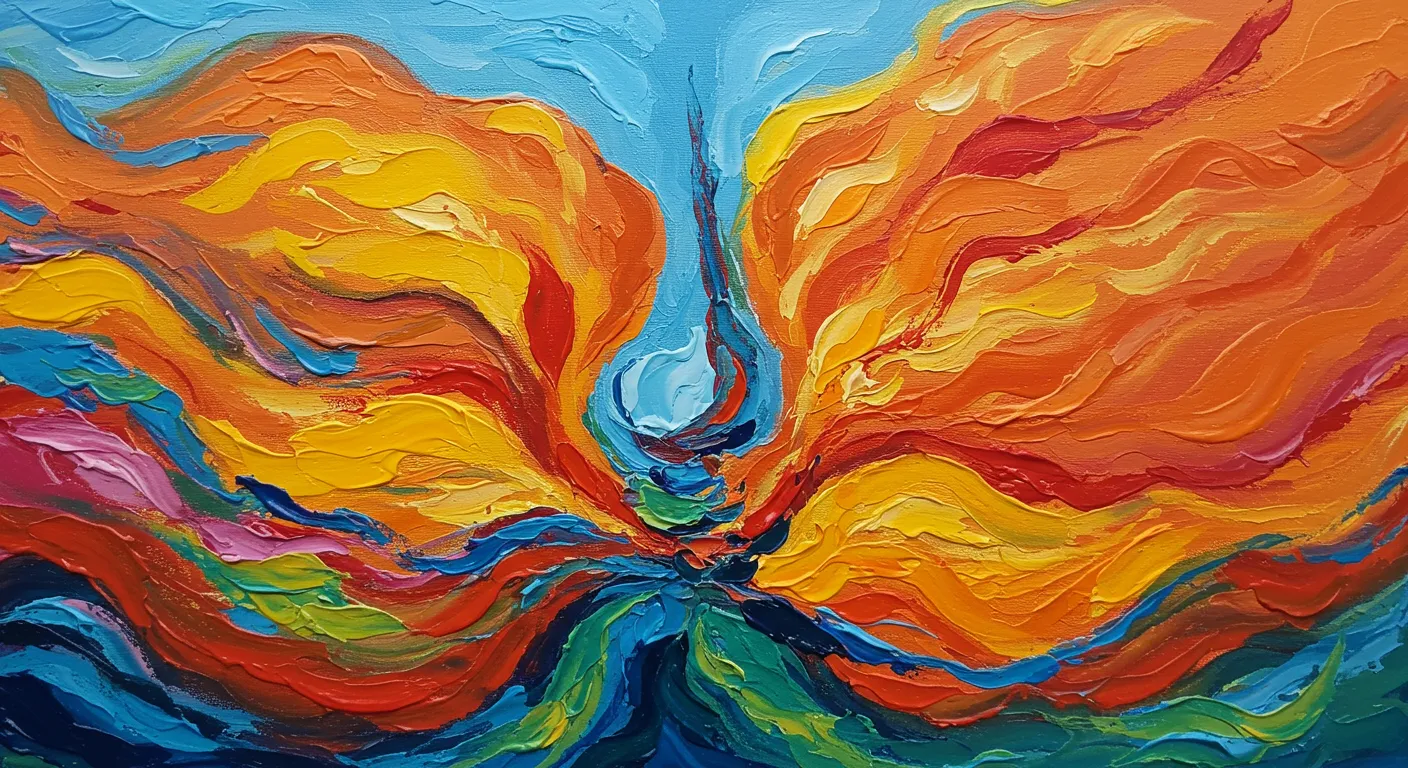In a remarkable twist of technological narrative, artificial intelligence has dramatically shifted from being the primary antagonist of Hollywood's labor strikes to becoming a celebrated component of award-winning cinema. Online commentators who were vehemently protesting AI's potential to replace creative workers just months ago are now witnessing its integration into Oscar-recognized films.
The transformation highlights the entertainment industry's nuanced relationship with emerging technology. During the Writers Guild and Screen Actors Guild strikes, AI was portrayed as an existential threat—a potential script-generating machine that could render human creativity obsolete. Writers and actors feared algorithmic replacements that could undermine their artistic contributions and economic stability.
Yet, the current Oscar season tells a different story. Films that incorporate AI as a narrative device or technical tool are being celebrated, suggesting a more complex understanding of the technology. Instead of viewing AI as a wholesale replacement, filmmakers are exploring it as a collaborative tool that can enhance, rather than eliminate, human creativity.
This shift doesn't diminish the legitimate concerns raised during the strikes. Online commentators continue to emphasize the need for robust protections and clear guidelines about AI's role in creative industries. The conversation has evolved from total rejection to careful negotiation about boundaries and ethical use.
Ultimately, the journey from picket lines to award ceremonies represents more than just technological adaptation. It reflects the entertainment industry's perpetual dance with innovation—simultaneously wary and wonderstruck, protective and progressive. AI has transformed from a feared disruptor to a potential partner in storytelling, though the terms of that partnership remain very much under discussion.


